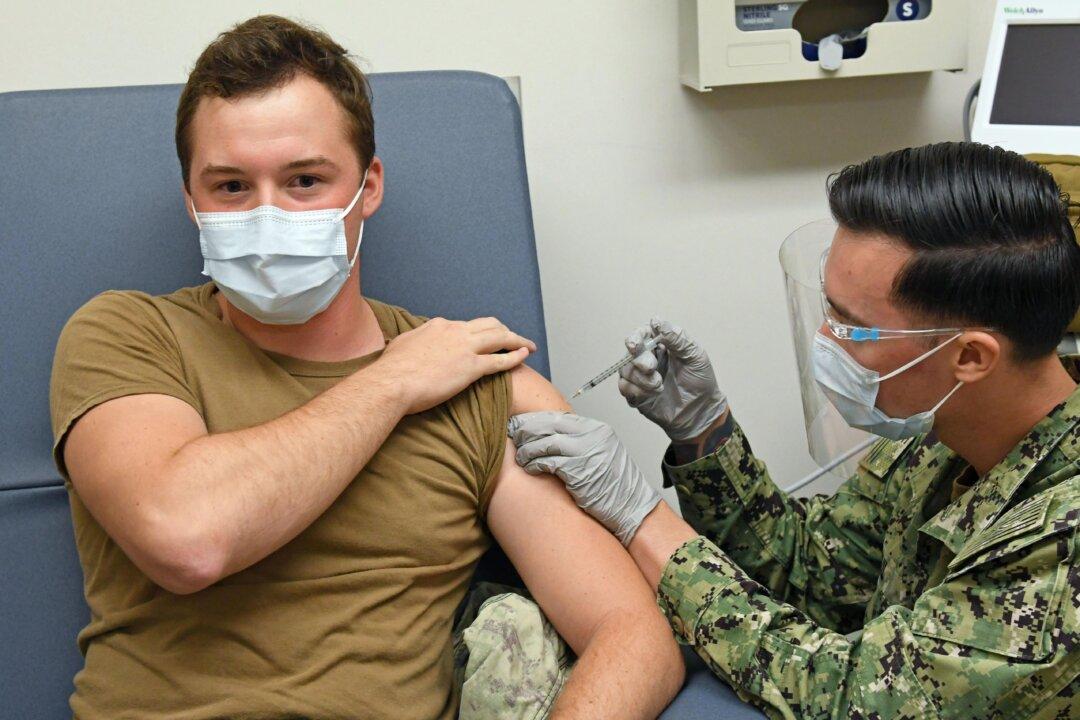U.S. military service members who declined the COVID-19 vaccine and didn’t request a religious, medical, or administrative exemption could still face punishment, Undersecretary of Defense Gilbert Cisneros Jr. said during a House Armed Services personnel subcommittee hearing on Feb. 28.
While the military officially rescinded the mandate in January, officials of the military branches continue to review those cases.





